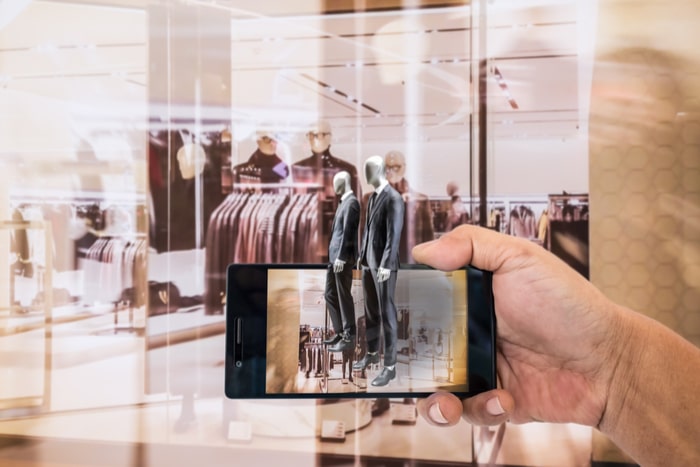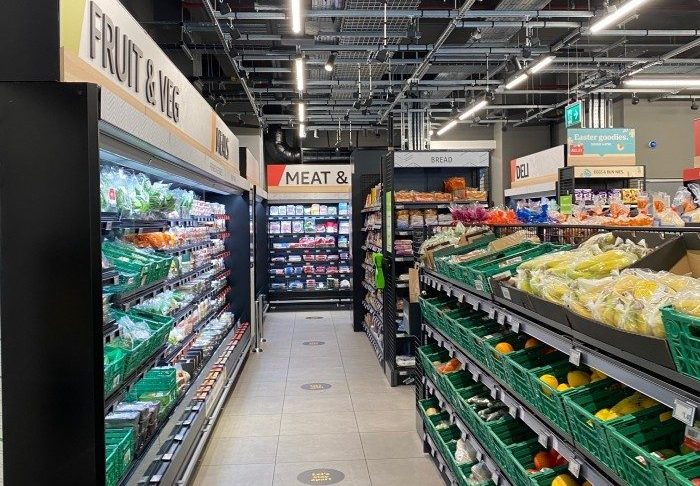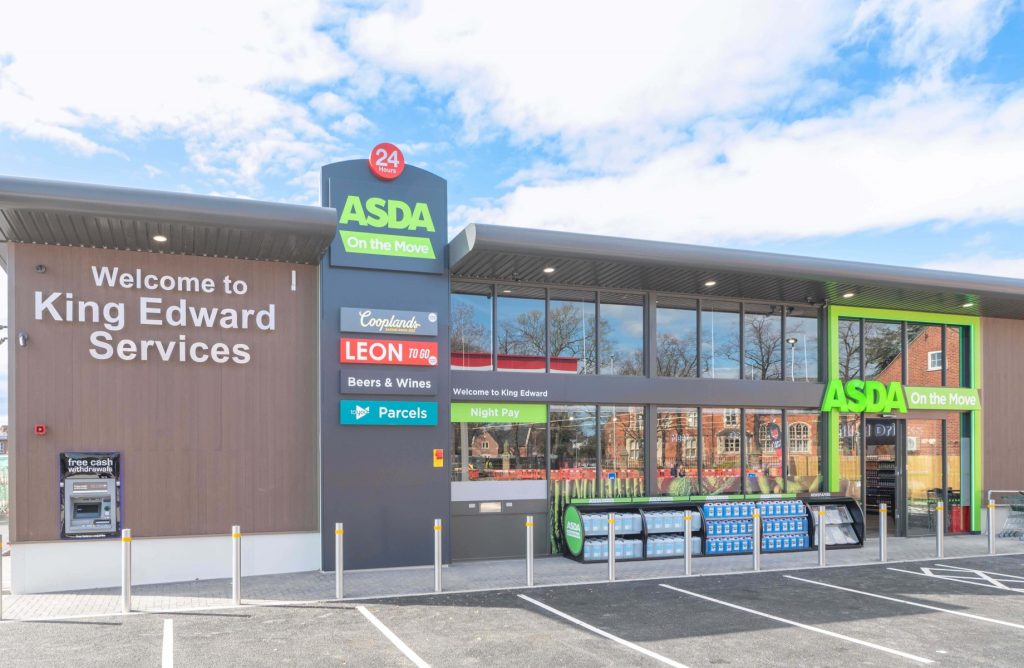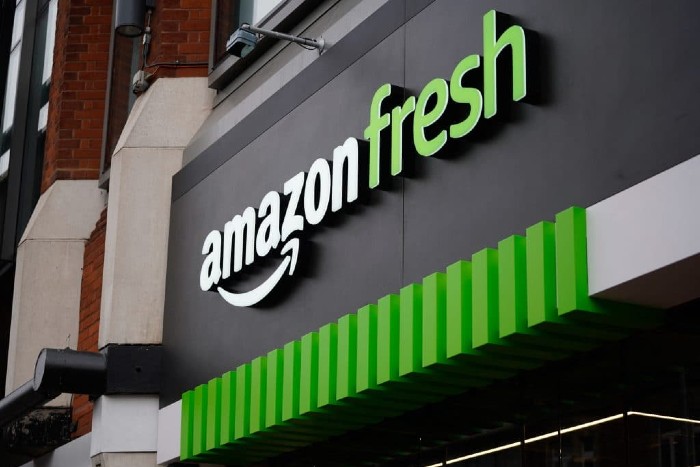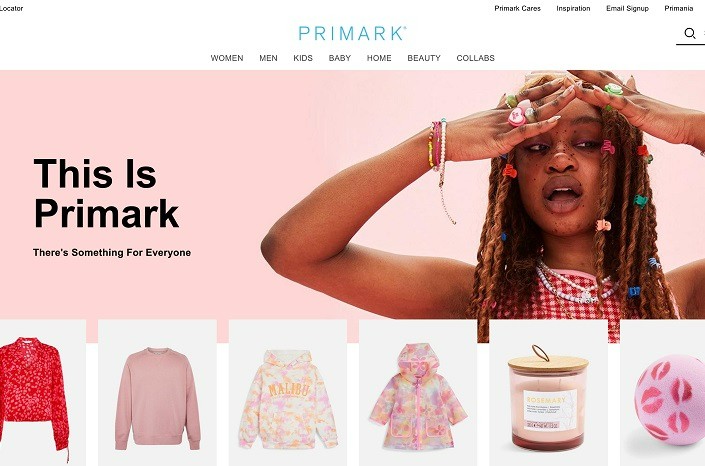The so-called retail apocalypse claimed a string of fresh victims in March, with LK Bennett, Office Outlet, Better Bathrooms and Liam Gallagher’s clothing brand Pretty Green all falling into administration. It’s little wonder that the Great British high street is said to be in its death throes.
The reasons for the high street’s demise are now familiar. We are told that the move to ecommerce began more than a decade ago, and yet retailers failed to take appropriate action. Some commentators prefer to emphasise business rates, in particular the government’s perceived failure both to take action against companies like Amazon and to support their smaller counterparts. Then there are those who say private equity firms spent the past decade overburdening business with debt, and those debts are coming home to roost.
There is, of course, a lot of truth to these arguments. But they do not tell the whole story. To explain an event as dramatic and transformative as the “retail apocalypse”, you have to understand the very purpose of the high street.
“The high street.. is a place to explore, to discover and—most important of all—to experience.”
The high street isn’t simply about buying. It’s a place to explore, to discover and—most important of all—to experience. Historically, it was a centre of community: people from the surrounding area would converge and mingle on a street that reflected their needs and interests. The butcher would know which cuts of meat you preferred, the products available in stores would differ and change frequently. Every visit to the high street promised something new.
Needless to say a lot has changed, and by and large, that’s been a good thing. But retailers have made the mistake of thinking that the essence of high street shopping is buying goods. And so the customer’s experience has been lost, the products have become increasingly homogenised, and consumers have realised they may as well stay at home and buy cheaper goods, at greater convenience, on the internet. Who could blame them?
The continued success of experiential shops, such as florists or beauty salons, is proof of the power of experience in retail. Experience is part of the product, and there’s a familiarity and warmth built into it, too. It’s not surprising that people opt not to buy flowers or beauty products online, but to go to the stores in person. We live in uniquely lonely and stress-filled times: people are crying out for personal attention to detail and everyday friendliness.
“Everyone agrees that for the high street to survive, something has to change.”
This is why retailers must put experience at the heart of their philosophy. Retailers need to offer people something interesting and discoverable—and something they cannot buy online. The more progressive retailers are already doing this. Toms have put VR headsets in stores to “transport” their customers to Peru. Samsung has partnered with WeWork to create customer care centres. Bonobos has created “virtual stockrooms”. Farfetch has created an augmented retail solution that “links the online and offline worlds” through connected clothing racks, touch-screen mirrors and sign-in stations. And the House of Vans even built a skatepark on the bottom floor of their London store.
Other forward-thinking retailers are embracing “clienteling” to establish a relationship with the customer. It’s long been a feature of the Apple Store, but now others are following suit. What’s ironic is that this “personal touch” approach is as old-fashioned as it gets. The only difference is that now, these relationships are forged and strengthened with the help of data and an iPad. It might seem less “authentic’” but it makes every shopping trip a personal experience.
Everyone agrees that for the high street to survive, something has to change. But vague innovation or—worse—doubling down on a failing business strategy is not the answer. In these strange times, people want novelty, intimacy and experience. The retailers who put these qualities at the centre of their philosophy will flourish.
John Buni is the founder of menswear retailer Tailor Made
Click here to sign up to Retail Gazette’s free daily email newsletter

